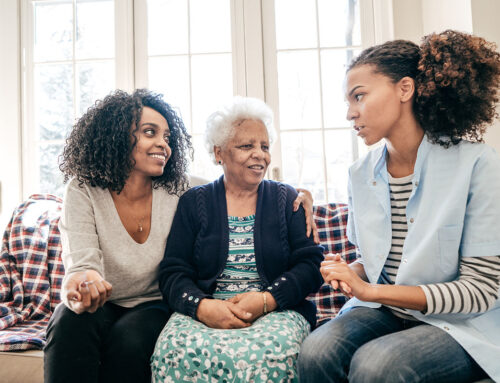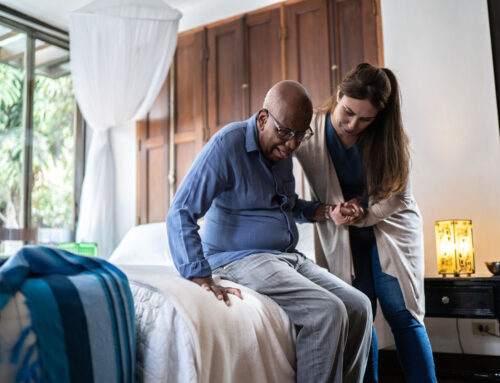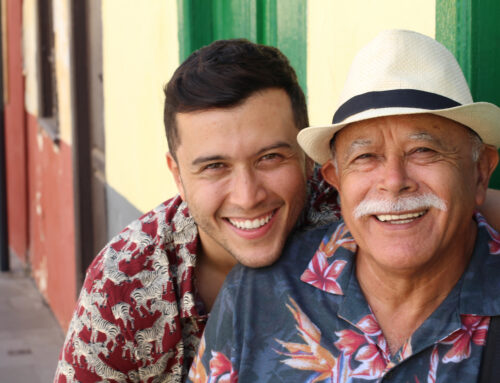Selfcare is often difficult for those loving souls called caregivers. Balancing your own needs with those of your loved one can be difficult to achieve. Focusing on your own health often comes last when there is so much to do to take care of a family member living with serious illness. Here are some healthy tips that can help you find the time for some much needed selfcare.
General Care
Spend time outdoors whenever you can. Even a small amount of time in nature can help you feel reconnected and lift your spirits. Feeling a part of nature has been shown to significantly improve a person’s mood and has been correlated with life satisfaction, vitality, meaningfulness, happiness, mindfulness, and lower cognitive anxiety. If your day is really full, it can be as simple as gazing out the window at something beautiful or eating your lunch outside. Even if you only take five minutes, it can really help boost your energy and mood.
Exercise
Exercising is not only great for the body, but it can take your mind off your worries. Don’t let COVID-19 get in the way of grabbing some exercise. You don’t have to go to the gym to get a good workout. How about a yoga video or online yoga class? Yoga can help improve your flexibility and reduce a lot of the stress in your life. There are also many online classes for exercise. Many local gyms and personal trainers have taken their classes online. And don’t forget to take time to also mentally relax. Meditation can help in reducing stress, anxiety, depression, and increasing peace and well-being. There are several online apps for meditation.
Food
Eat healthy! Eat healthy! Eat healthy! And, do not skip meals. No junk food and avoid as many foods with preservatives as you possibly can. Limit your caffeine. If you feel low on energy, try a protein drink to give you a little boost. Make lunch your biggest meal and do not eat late at night. Buy organic foods if you can afford it or visit the local produce stand in your community to get fresh fruits and veggies. If you can, plan your meals and snacks and stick to the plan. This may not always be possible, so give yourself a break if it doesn’t work out one day. Planning meals and shopping can be a task you can give to a friend or family member who wants to help out, or try a grocery delivery service. Many grocery stores are now offering home delivery, take advantage of their help.
Spirituality, Rest and Appreciation
What are you passionate about? Try to stay connected with it. Maybe it is a passion you can share with your loved one. Or something you can do in a new way, for example, if you used to love to travel, go on a virtual tour, this is something you and your loved one can do together. There are amazing virtual tours of castles, national parks, and museums available online. Many festivals like art festivals and drama festivals have now gone virtual. Love music? There are livestreams and virtual concerts as well. It may take some creative thinking and enjoying your passion in a different way, but it’s an important part of selfcare to stay connected to what brings you joy.
One of the most important things you can do for your wellbeing is to get as much rest as you need. Sometimes this is difficult for caregivers because you may be needed all hours of the day to care for your family member. But remember when you had small children and people always told you to nap when they napped? The same advice can be very helpful. If you are tired and your loved one is enjoying a siesta, take some time to rest as well.
Don’t forget about gratitude. Gratitude helps people feel more positive emotions, relish good experiences, improve their health, and deal better with stress and adversity. Take the time to appreciate something or someone every day. Write a quick note to a hospice worker who has done something especially wonderful for you or your loved one. Notice how lovely the garden is in the morning or all the beautiful birds on the bird feeder. Take joy in small things. And remember to keep breathing and keep smiling.





